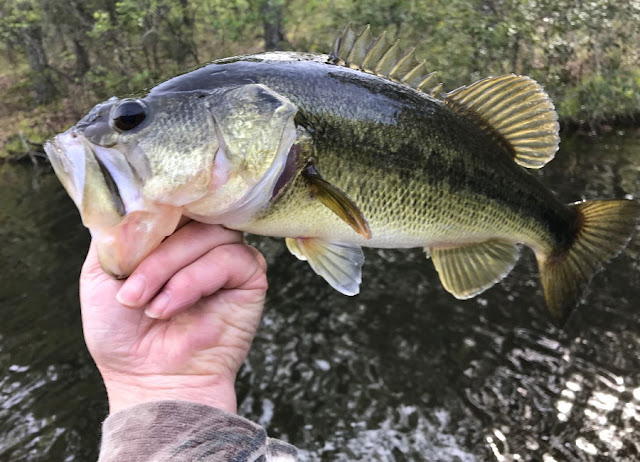How To Catch Walleye Fishing
Ever thought about catching a walleye? There are many types of bait you can use to catch this fish, and they all have their pros and cons. This blog post is going to show you what type of bait works best for each season, where to find them, and how fishing techniques differ depending on the weather. The best time for catching these delicious creatures is from March through September.
You only
need a few basic tools and materials to make your own rod and reel. Learning
how to make a fishing pole is easy if you know the basics of building one. This
guide will show you step-by-step how to build a reel and rod with simple
handtools that you probably have lying around your house.
Gather the
supplies you will need for this project before starting.
1.
Fiberglass pole made for fishing (length depends on what kind of fish you want
to catch) - $10 - $15 per foot at most
sporting goods stores or Wal-Mart 2. Fishing Reel - $20 for a cheap one 3. Fishing Line - $4 for 125 yards 4. Electrical Tape - 99 cents 5. Nylon Cord - About $0.50 per foot, depending on
thickness 6. Power Drill with 1/16 Inch Bit and 1 Inch Forstner Bit 7 . Sander
(optional) - $10 - $20 8. Fishing
Pliers - $5 9. Tape Measure, Ruler, or
Yard Stick 10. Scissors 11. Small File (optional) 12. Hack Saw 13 . Screwdriver
Cut the pole
into two pieces of equal length with your hack saw along its natural seams that
are between joints in the pole, as shown in the picture below. Make sure not to
cut through any of the joints or you will weaken your fishing rod.
The two
poles should look something like this once sawed:
Now drill a
hole that is very close to one end of each pole about an inch into the pole, as
shown in the pictures below.
After you
have a hole in each pole, measure 4 inches from the end of one of the poles and
cut a half circle with your hack saw through the remaining piece of pole. This
cut will help the fishing line run smoothly over the rod when casting.
Next sand
down all rough edges until they are smooth. If you don't, you will get gouged
when you fight a big fish.
Finally
attach the reel to one end of your pole with a screw and washer. Now wind the
fishing line around a dozen or so times, making sure it is completely wound on
before taking off each turn. Leave enough room for a hook and bobber to be
added later. If you are using monofilament, it's best to tie a knot at the end
so that it won't slip off when you are fishing.
To attach
the reel to your pole, simply screw one of the washers onto the hook of your
reel and put another larger washer on top of that. Then take a screw that is
just slightly longer than the thickness of your pole and screw it through both
washers, sandwiching them between the ends of the poles.
Once
finished, take your nylon cord and make a loop at one end. Tie a loose triple
knot in the other end and hook it around the free-spinning handle on top of
your reel. Then tie another knot in the cord to secure it. You can also tie a
hook onto this loop later when you are ready to go fishing.
Make sure to
keep your gear in good repair by sewing up any large holes or tears in your
line with some nylon thread (just like you would sew up a torn jacket). Keep
sanding down sharp edges of the pole until it is smooth enough to touch without
getting cut. Now you are ready to use your new fishing rod!
Keep in mind
that the length of the pole should be about 1 foot longer than your height for
an adult. If you're shorter, go with a 6'6"-7' pole. If you're taller, go
with an 8' pole. Also, the weight of your reel should be about half as heavy as
you are. The lighter the better for fishing so that your line doesn't get too
weighed down to cast properly.
Remember
that this is just one way to build a simple rod and reel for catching fish.
There are several different ways to build poles depending on what you are
fishing for or your personal preference. Experiment with it and have fun!
Conclusion
The walleye fishing tips discussed in the blog post can help you catch more fish. Have you
tried any of these strategies? What are your thoughts on this approach to
catching walleye fish? Let us know what you think by commenting below!
More social:
https://www.linkedin.com/in/jamesfishing/
https://www.tumblr.com/blog/jamesfishing
https://www.behance.net/jamsefishing
https://twitter.com/Jameluvfishing
https://www.blogger.com/blog/posts/2091527538821839047
https://www.blogger.com/blog/posts/834381044484037509
https://teepepe.wordpress.com/




Nhận xét
Đăng nhận xét